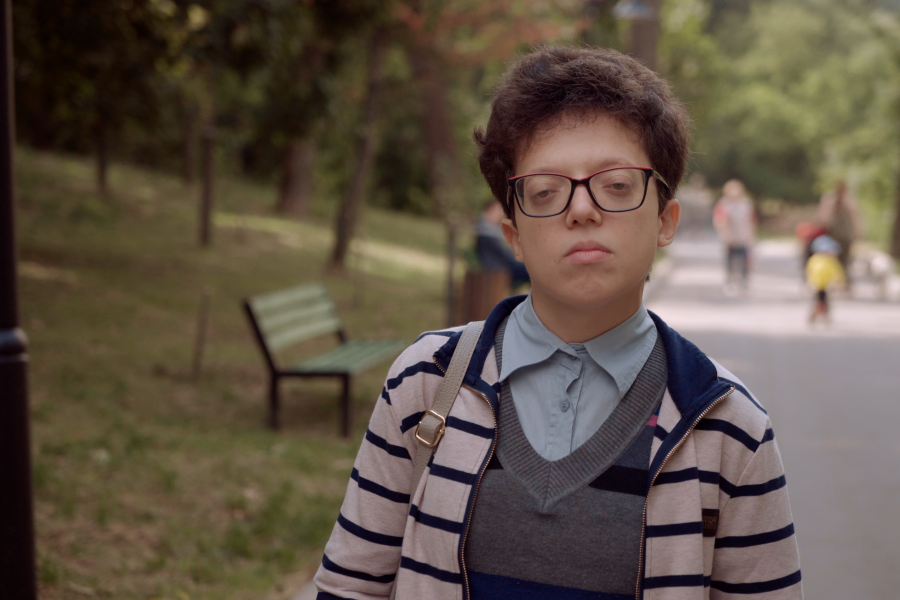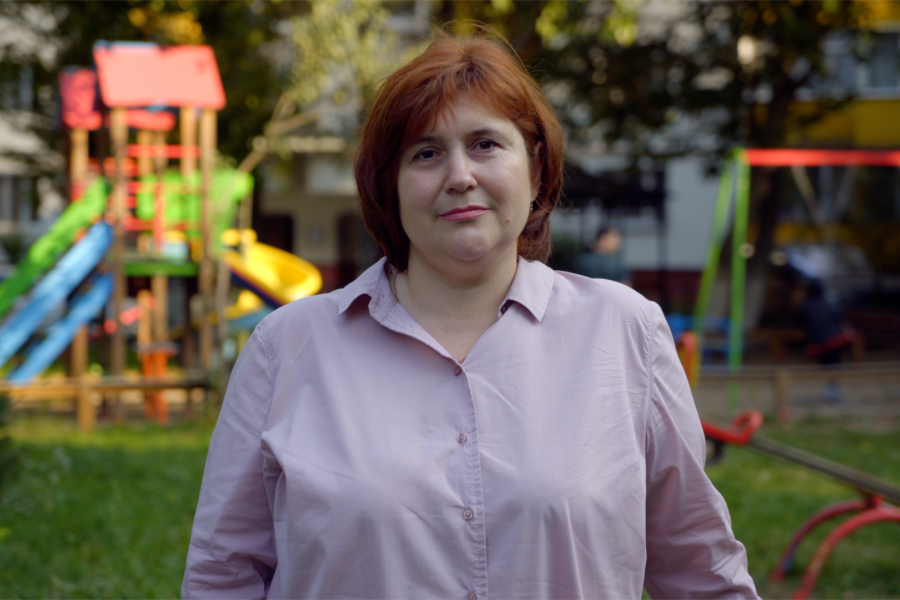Only 26% of Moldovans accept the inclusion of persons with intellectual and psycho-social disabilities in the community. It is time for a change.
08 October 2021
- Today, 8 October, the United Nations Organization (UN) in Moldova has launched a public awareness campaign regarding the observance of human rights of people with disabilities and their inclusion in the society.
According to the data of the National Bureau of Statistics (NBS), in 2019, there were about 177.000 persons with different types of disabilities in Moldova, which is about 7% of the country population. Out of these, 10.700 persons are children aged between 0-18 years. The number of women with disabilities was higher than that of men and constituted 51,7%.
About 37% of these people are people with intellectual and psychosocial disabilities, who otherwise face the greatest obstacles to their integration into society and access to various public and social services, a study said[1]. The results have also identified a high reluctance (74%) of the population to include these people in the society.
'One of the UN's priorities at global level, including in the Republic of Moldova, is to include people with different types of disabilities who are among the most marginalized in our development priorities, so as not to leave anyone behind. These persons are often discriminated and have limited or inexistent access to different public and social services, and COVID-19 pandemic has deepened this experience.'" declared Simon Springett, UN Resident Coordinator in Moldova. ”It is important for every person in the community to understand that persons with special needs are part of our community and have the same rights as we all." concluded Mr. Springett.
The same study shows that people with disabilities continue to be discriminated against, their rights to education, work, health services, justice, etc. being violated and people often avoid them either because they do not know what attitude to show or they consider them aggressive. For instance, only 31% of general population would accept for their child to study with children with intellectual disabilities in the same class. Another example is limited access to labour market, the employment rate among persons with disabilities being very low, according to NBS in 2019 there were employed only 16,5% in comparison with 43,9% of persons without disabilities.
"I would like for people to understand that we have the right to work, to rest in public spaces, to go where we wish. And accept me as I am". says Anastasia Goreaceva, person with psycho-social disability.

Another study on COVID-19 pandemic impact on human rights in the Republic of Moldova, conducted by the UN Office for Human Rights, showed that persons with disabilities were limited in accessing medical services due to interruption of medical care provision, especially during quarantine.
During the campaign, UN Moldova aims to sensitize the population on special needs and the rights of persons with disabilities. We invited persons with disabilities, parents and employers to talk about their own experience regarding faced obstacles by persons with disabilities as well as their expectations from the community.
"Marusica is a child like any other child, but she has an additional chromosome. She grows and develops in the same way, but a bit slower. The biggest obstacle is our society, stereotypes formed for years. When I am refused or we are not accepted, I fight even more to move forward and open the doors not just for Marusica but for all children". declared Ala Burlaca, mother of a little girl with psycho-social disability.

To accelerate the implementation of the Convention on Persons with Disabilities in Moldova, UN agencies developed the Theory of Change, a document that stipulates different actions in seven areas of intervention as follows: accessibility, inclusive education for all, inclusive social protection system, accessible and inclusive healthcare services, participation in good governance, accessible justice system and inclusive and accessible employment.
The campaign to promote inclusion of people with disabilities and elimination of discrimination was developed with the support of UN agencies, funds and programmes in Moldova.
********
[1] Study on Equality Perceptions and Attitudes in the Republic of Moldova conducted by Magenta in 2018



